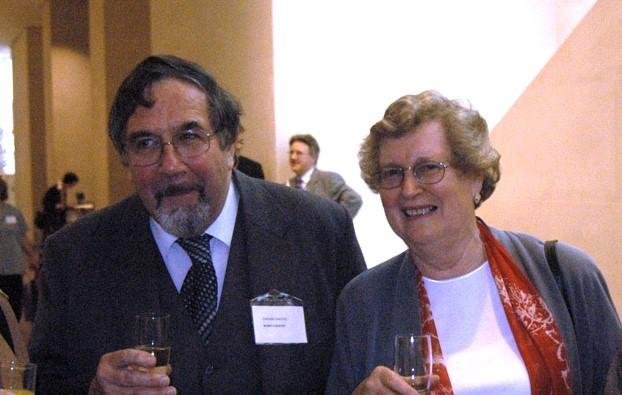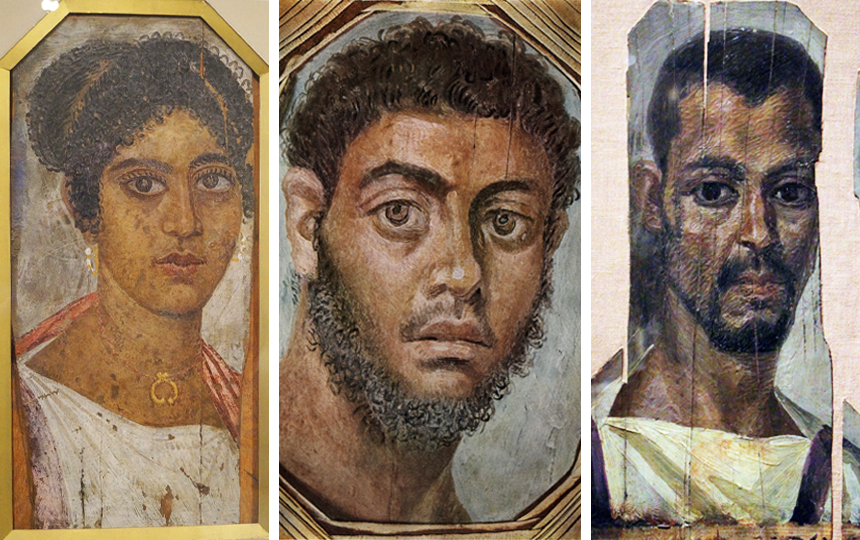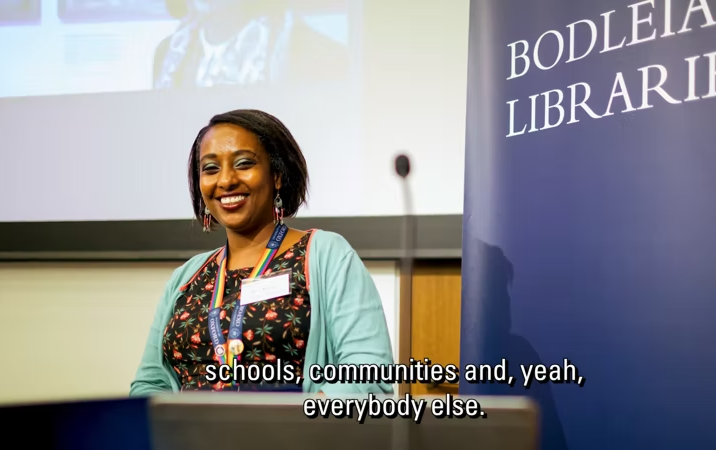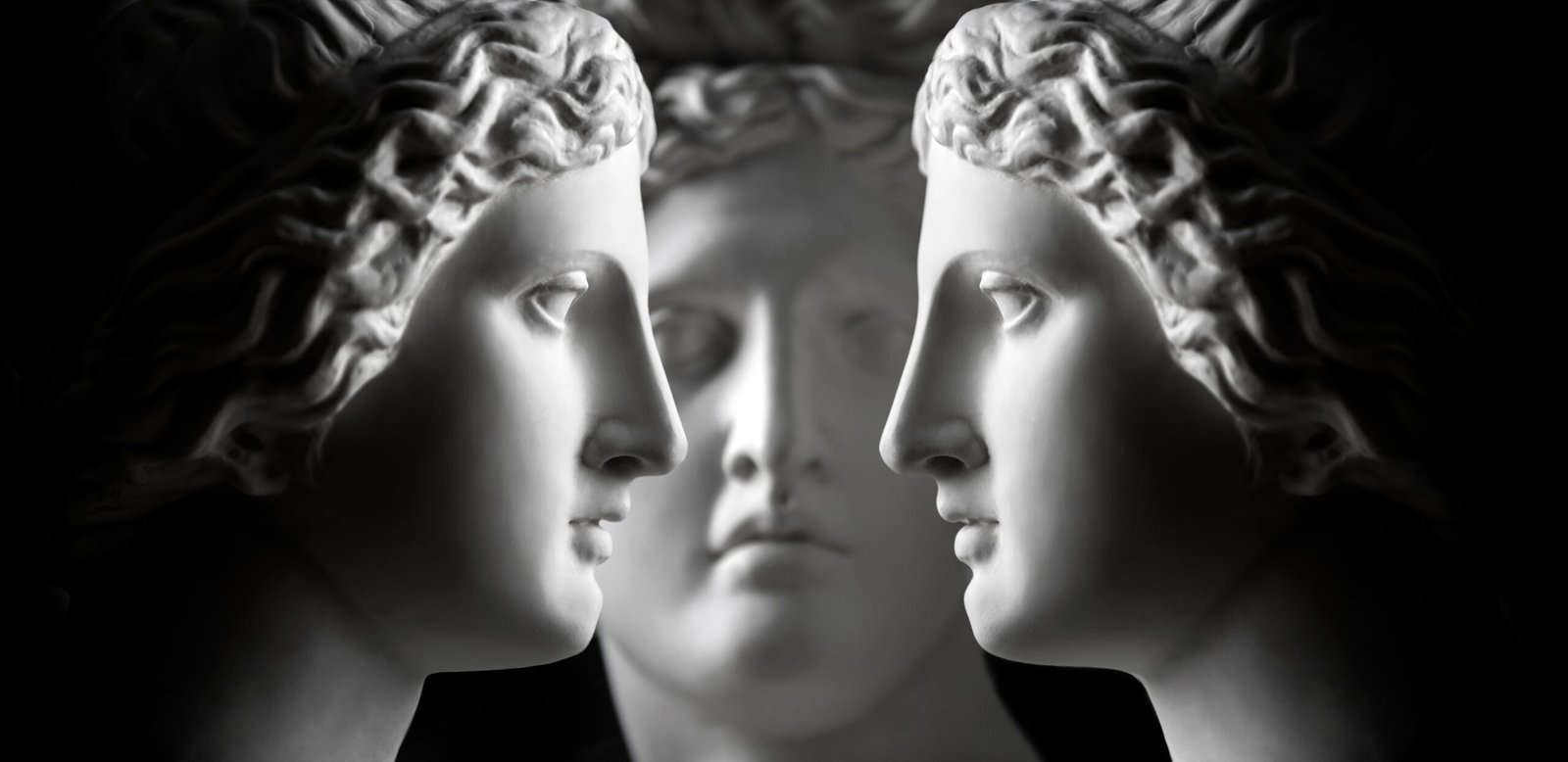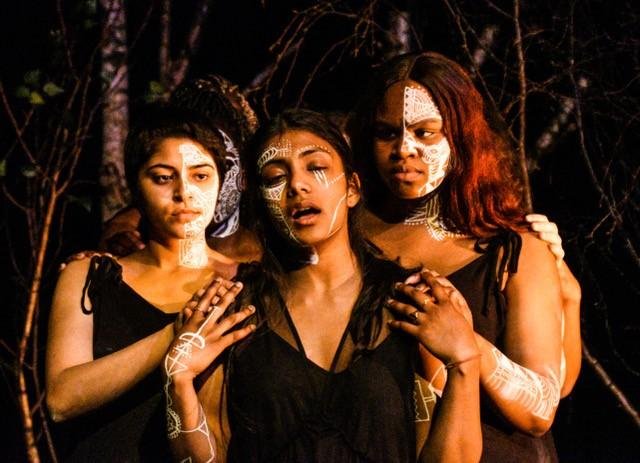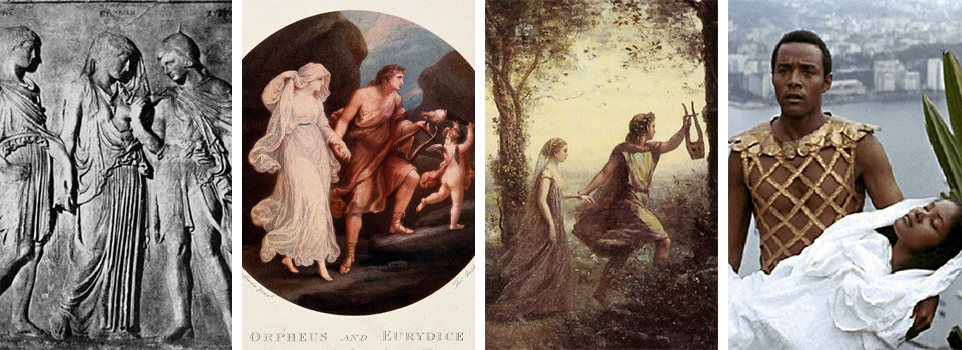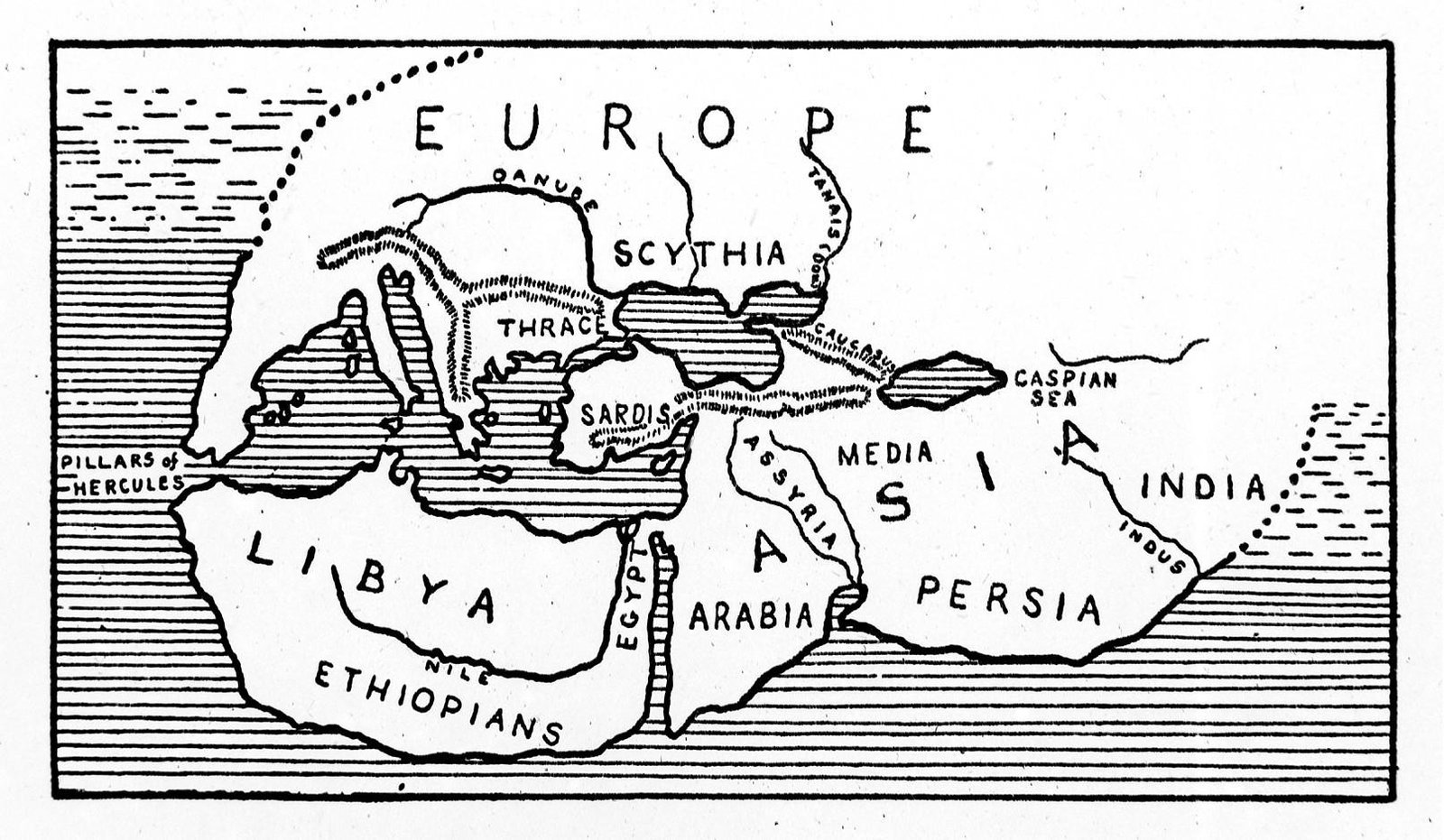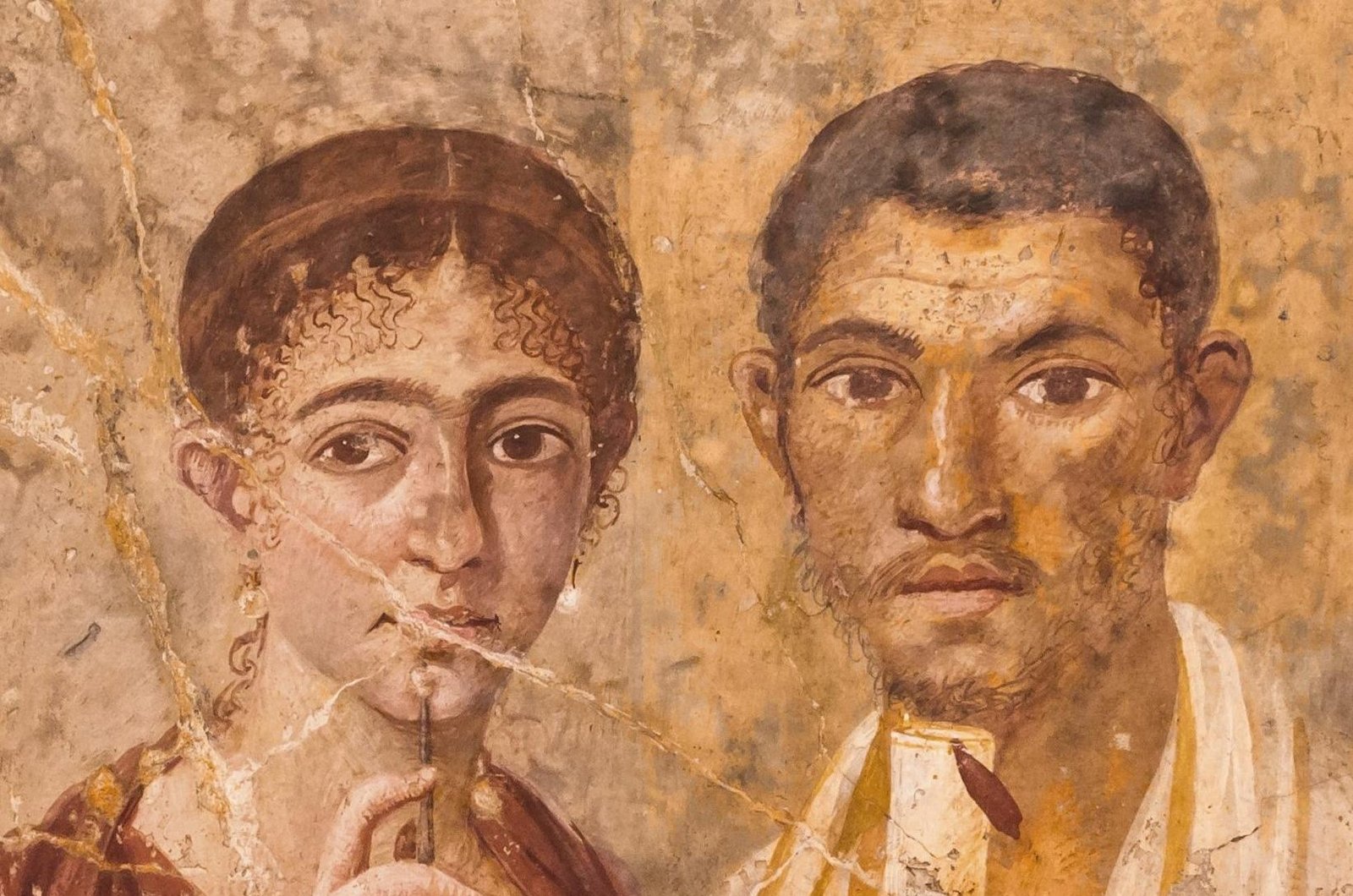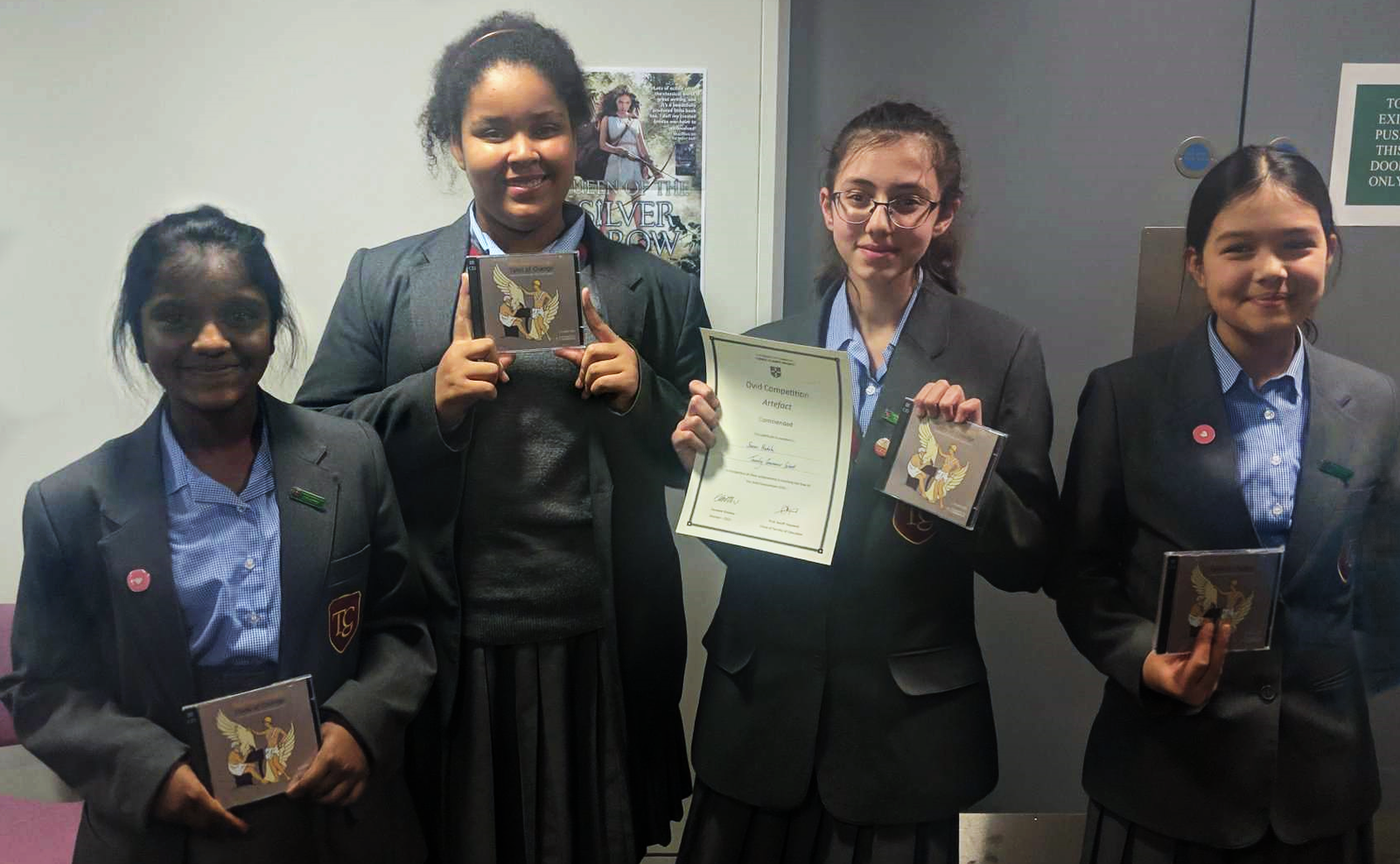Robin Griffin – An Appreciation
Pat Story, CSCP’s second director, reflects on the life of Robin Griffin, who played a crucial role in the development of the Cambridge Latin Course. Robin Griffin and Pat Story pictured at the official launch of the CLC digital resources at the British Museum in 2004. I first met Robin when he was teaching the … Read more

